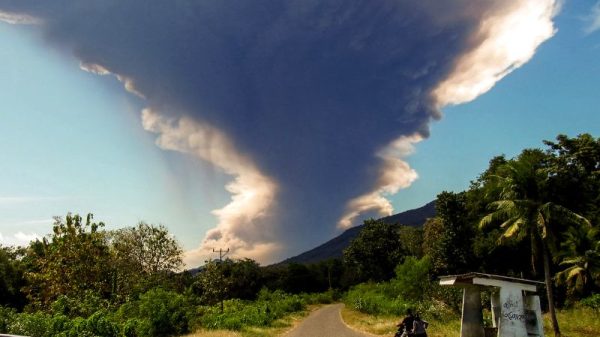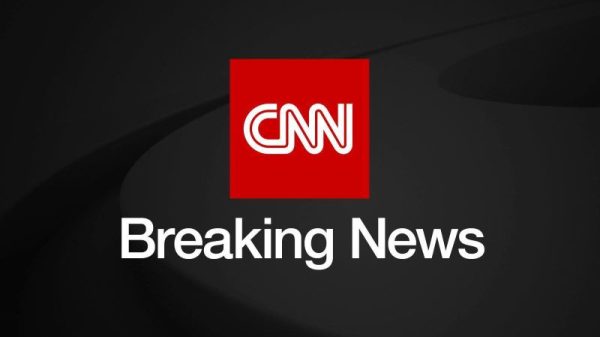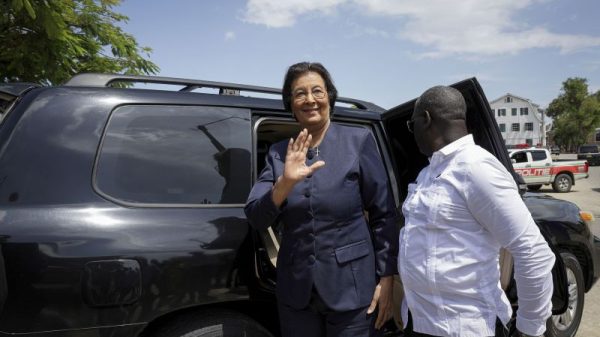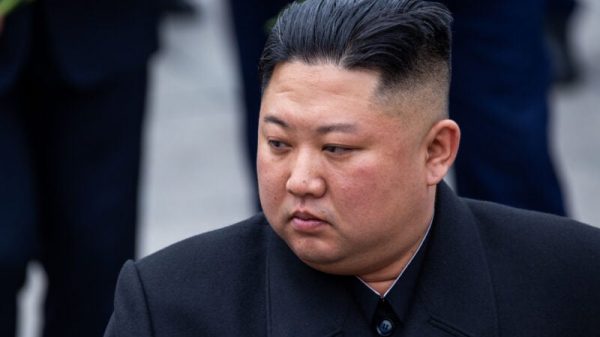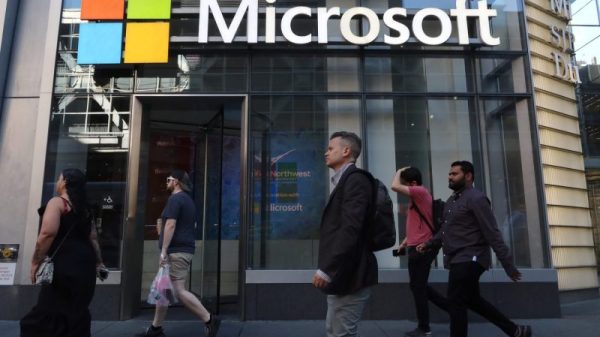A second federal judge on Friday blocked an executive order from President Donald Trump aimed at overhauling elections in the U.S.
Trump’s March 25 executive order sought to compel officials to require documentary proof of citizenship for everyone registering to vote for federal elections, accept only mailed ballots received by Election Day and condition federal election grant funding on states adhering to the new ballot deadline.
‘The Constitution does not grant the President any specific powers over elections,’ Judge Denise J. Casper of the U.S. District Court in Massachusetts said in Friday’s ruling.
A group of Democratic state attorneys general had challenged the executive order as unconstitutional.
The attorneys general said the directive ‘usurps the States’ constitutional power and seeks to amend election law by fiat.’
The defended the order as ‘standing up for free, fair and honest elections’ and called proof of citizenship a ‘commonsense’ requirement.
‘Despite pioneering self-government, the United States now fails to enforce basic and necessary election protections employed by modern, developed nations, as well as those still developing,’ Trump wrote in the executive order, titled ‘Preserving and protecting the integrity of American elections.’
‘India and Brazil, for example, are tying voter identification to a biometric database, while the United States largely relies on self-attestation for citizenship. In tabulating votes, Germany and Canada require use of paper ballots, counted in public by local officials, which substantially reduces the number of disputes as compared to the American patchwork of voting methods that can lead to basic chain-of-custody problems,’ he continued.
‘Further, while countries like Denmark and Sweden sensibly limit mail-in voting to those unable to vote in person and do not count late-arriving votes regardless of the date of postmark, many American elections now feature mass voting by mail, with many officials accepting ballots without postmarks or those received well after Election Day,’ he also said.
Casper also noted that, when it comes to citizenship, ‘there is no dispute (nor could there be) that U.S. citizenship is required to vote in federal elections and the federal voter registration forms require attestation of citizenship.’
Casper cited arguments made by the states that the requirements would ‘burden the States with significant efforts and substantial costs’ to update procedures.
The ruling is the second legal setback for Trump’s election order. A federal judge in Washington, D.C., previously blocked parts of the directive, including the proof-of-citizenship requirement for the federal voter registration form.
The Associated Press contributed to this report.







